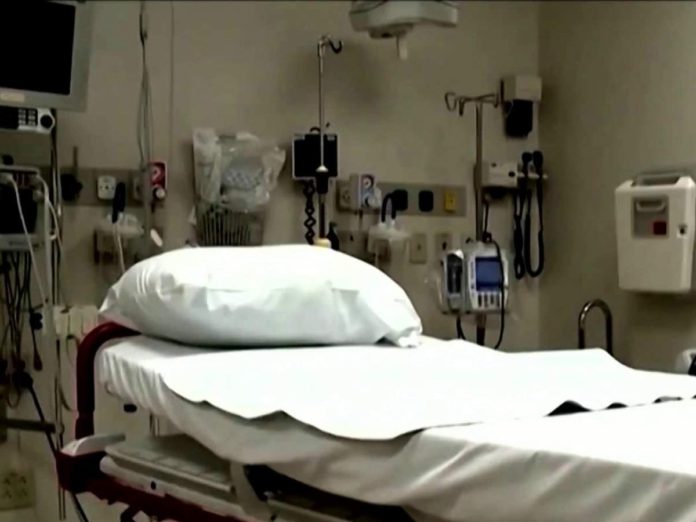The full extent of the unintended consequences of the suspension of many medical services during the shutdown due to the coronavirus may never be known. But a Kaiser Family Foundation national poll provides a snapshot of the widespread impact of the suspension of co-called elective surgeries and other procedures in combination with public hesitance to enter medical facilities.
As the coronavirus threat ramped up in March, hospitals, health systems and private practices dramatically reduced inpatient, nonemergency services to prepared for an influx of COVID-19 patients. A poll released Wednesday reveals that the emptiness of medical care centers may also reflect the choices patients made to delay care.
The Kaiser Family Foundation poll found that 48% of Americans said they or a family member has skipped or delayed medical care because of the pandemic, and 11% of them said the person’s condition worsened as a result of the delayed care.
The results also indicate there continues to be a marked decline in visits to emergency rooms, pointing to lingering concerns among the public over the safety of hospitals due to the virus.
Dr. William Jaquis, president of the American College of Emergency Physicians, said the anecdotes he’s heard of people delaying care have been troubling, with patients suffering heart attacks or strokes at home. He urged people not to skip going to the emergency room, and pointed out the many safety precautions hospitals are taking to curb the spread of the coronavirus.
“Don’t sit at home and have a bad outcome,” Jaquis said. “We’re certainly there and in many ways very safe, and, especially with low volumes in some places, we’re able to see people quickly. Come on in, please.”
The Kaiser findings help explain the urgency behind the lifting of Gov. Tim Walz’s executive order suspending elective surgeries earlier this month. At the time, Minnesota Health Commissioner Jan Malcolm tacitly acknowledged reserving hospital beds and supplies for potential Covid patients had overshadowed the imperative to provide care for other Minnesotans in need of medical attention.
“We are very mindful and becoming increasingly concerned about all the other services that are being put on hold, we think dangerously and unnecessarily. That yes, it’s a matter of keeping a balance,” Malcolm told reporters.
In hindsight, it seems clear state officials could have provided better guidance to assist medical providers in striking that balance. The resulting failure to receive timely treatment has had serious consequences for some patients, as noted in a previous report. And the ripple effects of the rescinded state policy will continue for weeks, probably months to come, most recently in the form of a surge in demand for ICU beds from non-Covid patients,as American Experiment’s John Phelan has noted.
Gov. Walz’ model told us in early April that we would see a surge in Covid-19 ICU cases. That seems to be here but is much slower than forecast. But by imposing a ban on elective surgeries and then lifting that ban, Gov. Walz has created a simultaneous surge of non-Covid-19 ICU cases, as Commissioner Malcolm confirmed yesterday.


















